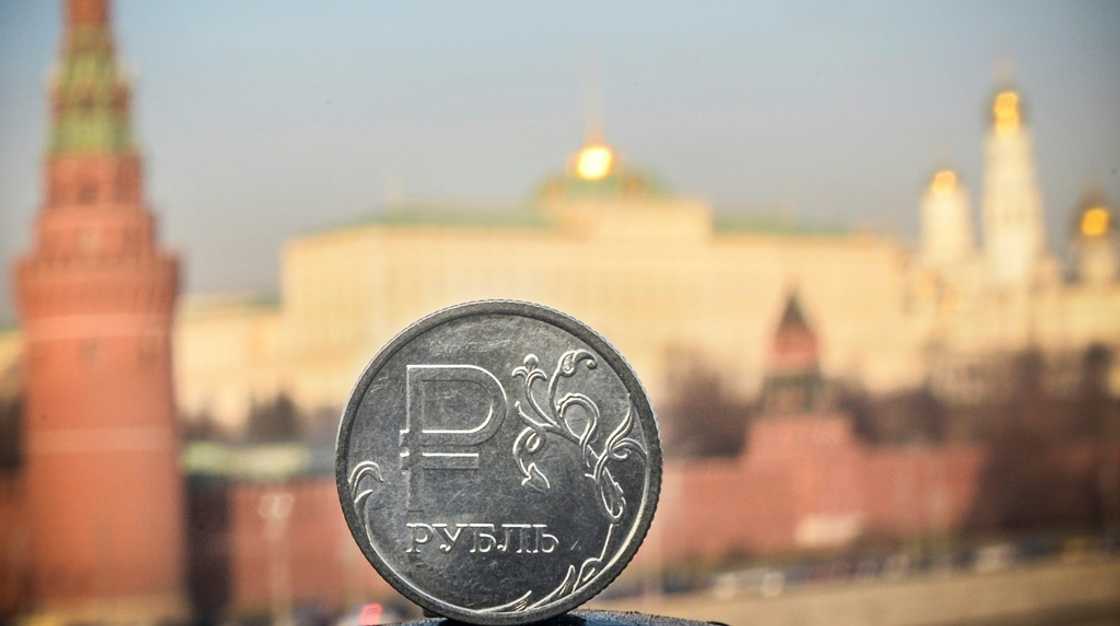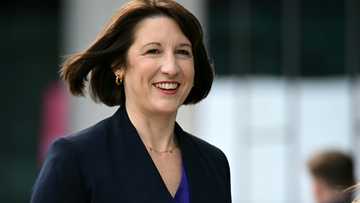Russia hikes interest rates to 21%, highest since 2003

Source: AFP
Russia's central bank hiked interest rates to 21 percent on Friday, taking borrowing costs to their highest level in more than 20 years amid surging inflation.
The rise takes rates above an emergency level introduced in February 2022 -- just after Moscow ordered troops into Ukraine -- and to their highest since 2003.
"Further tightening of monetary policy is required to ensure the return of inflation to the target and reduce inflation expectations," the bank said in a statement announcing the increase.
The bank directly blamed high government spending for inflation and said it could hike rates yet again if the pace of price rises does not cool.
"Additional fiscal spending and the related expansion of the federal budget deficit in 2024 have pro-inflationary effects," it said.
Inflation has surged amid a massive increase in government spending on the Ukraine offensive that has triggered labour shortages across the economy.
Price rises were running at 8.6 percent on an annual basis in September, more than double the official 4.0-percent target.
Russian lawmakers voted Thursday to increase defence expenditure by almost 30 percent next year, another sign Moscow is not planning to halt its spending on the offensive, grinding through its third year, anytime soon.
Several sectors of the economy are facing intense labour shortages, as hundreds of thousands of men have been called up to fight, fled the country or been recruited by a booming domestic weapons' industry.
That has created strong growth despite an unprecedented package of Western sanctions that Washington hoped would cripple the Russian economy.
The International Monetary Fund this week raised its growth forecast for Russia in 2024 to 3.6 percent.
Inflation woes
But it has also led to a cycle of spiralling wages and prices that the Central Bank has long warned undermines economic stability.
Official borrowing costs in Russia have not been above 20 percent since 2003.
They regularly topped 100 percent throughout the 1990s, a decade of economic volatility and hardship following the collapse of the Soviet Union.
For years President Vladimir Putin has boasted of economic stability under his leadership, with his first years in office in the 2000s seeing an oil-led boom and rising wealth.
But his conflict in Ukraine has threatened Moscow's future prosperity, cutting it off from lucrative Western export markets and much of the global financial system.
Putin had hoped to advance plans for alternative international payment systems at the BRICS summit in Kazan this week, the largest diplomatic gathering in Russia since the start of the offensive.
But speaking Thursday, he indicated little progress had been made on talks over launching a possible competitor to the Belgium-based SWIFT financial messaging system.
"As for SWIFT and any alternatives, we have not created and are not creating any alternatives," Putin told reporters at the end of the summit.
"One of the key problems today is the problem of payments, that is why we are moving towards the use of national currencies," he said.
"As for a unified BRICS currency, we are not considering that question at the moment," he added.
New feature: Сheck out news that is picked for YOU ➡️ click on “Recommended for you” and enjoy!
Source: AFP




